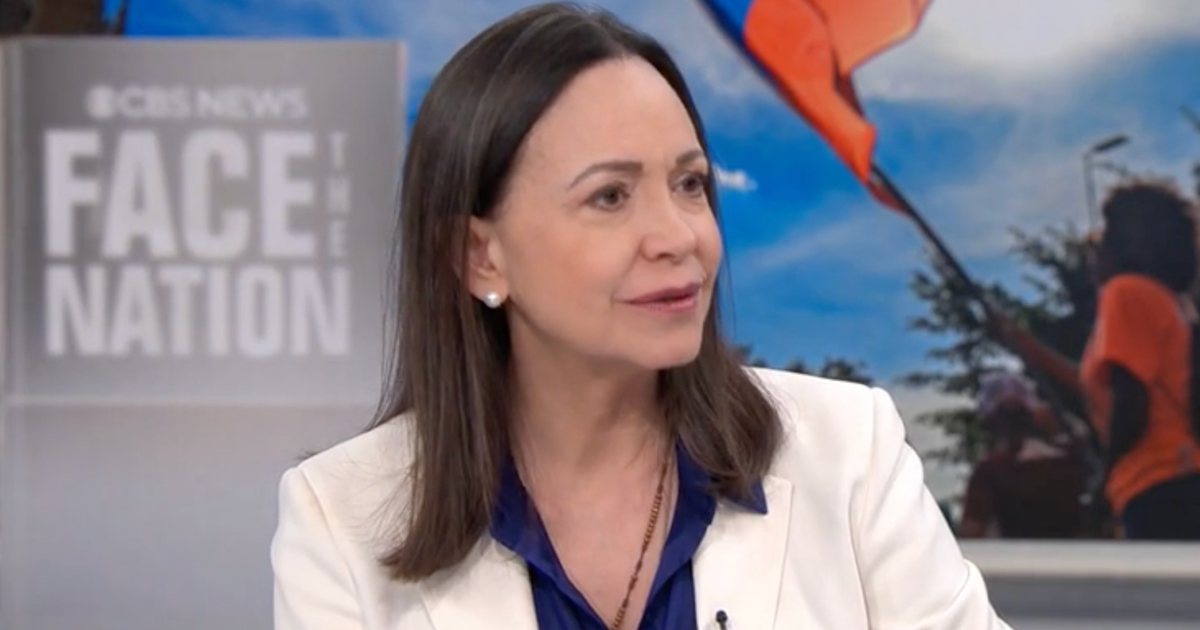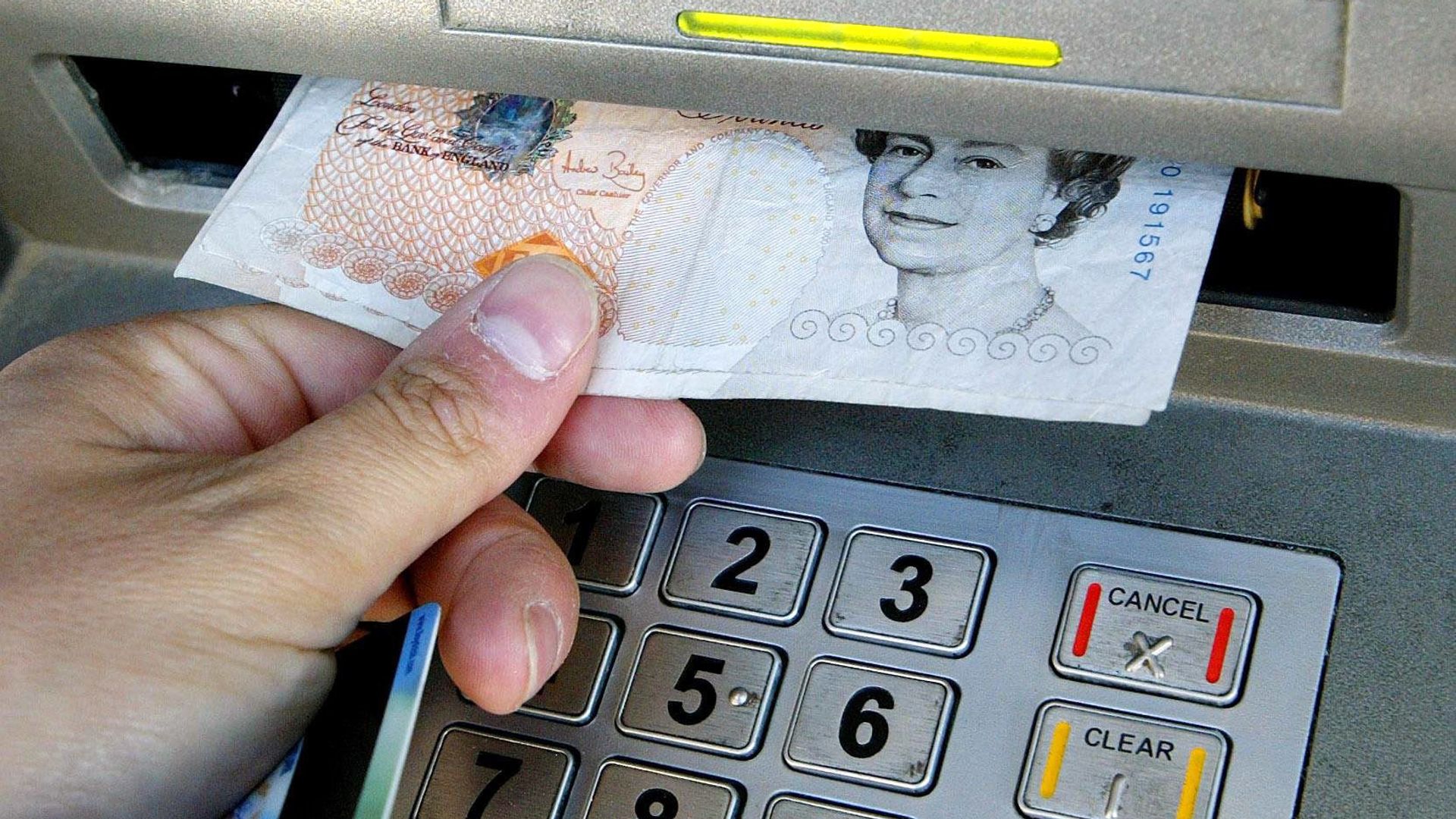
Stock markets mostly rose on Tuesday after President Trump revived steep tariffs on dozens of countries but extended their start date to Aug. 1, signaling that talks would continue between his trade negotiators and their counterparts around the world.
The S&P 500 rose slightly in early trading. Indexes in Japan and South Korea, major U.S. trading partners who are facing 25 percent tariffs, also gained. Stocks in Europe rose.
The market movements were the latest example of how Mr. Trump’s on-again, off-again trade proclamations have driven the markets this year. Analysts pointed out that market declines linked to fears of steep tariffs have often given way to rallies as deadlines are relaxed.
Mr. Trump said on Monday night at the White House that the August deadline was “not 100 percent firm,” reinforcing that his administration was “open” to offers from trading partners. But on social media on Tuesday morning, he said that “all money will be due and payable” on Aug. 1, and “no extensions will be granted.”
“Rightly or wrongly, investors think they know what happens from here,” Chris Beauchamp, the chief market analyst at IG Group, wrote on Tuesday. “Either negotiations result, and a ‘deal’ of some sort (usually in the vaguest terms) is announced, allowing Trump to claim a win, or a fresh extension to the deadline is announced.”
In Japan, a recent market wobble has been called the “Yaskawa Shock.” Yaskawa Electric, a leading global manufacturer of industrial robots, forecast on Friday that it expected profits to fall this year, a contrast to the 20 percent year-on-year gain it had previously projected.
Yaskawa, heavily reliant on sales in the United States and China, had issued its earlier financial outlook before accounting for the effects of U.S. tariffs. The company reports results earlier than many other big Japanese firms and was considered an early indicator of upcoming earnings. The new U.S. tariffs are expected to erase around 5 percent of profit at big Japanese companies this year, according to analysts at SMBC Nikko, but the effect on markets was predicted to be “limited,” they wrote on Tuesday, as the tariff rate proposed by Mr. Trump this week was similar to the one he initially floated in April.
The U.S. tariff shock has also weighed on South Korea’s economy. On Tuesday, Samsung Electronics, the country’s largest business, reported that its profits had plunged 56 percent in the second quarter from a year ago. But South Korea’s benchmark stock index, which has performed well recently, gained 1.8 percent on Tuesday.
Analysts in the United States have upgraded their outlooks for the markets, which fully recovered from a tariff-induced decline earlier in the year to hit a fresh record high last month. Over the past day, strategists at Bank of America and Goldman Sachs have raised their forecasts for the S&P 500, while acknowledging the heightened uncertainty around Mr. Trump’s tariff pronouncements.
The big companies that dominate indexes have buffer inventories to soften the impact of tariffs, Goldman’s analysts wrote in a note published late on Monday. Corporate executives can use “a combination of cost savings, supplier adjustments and pricing to offset the impact of tariffs,” they added.
But analysts at ING sounded a note of caution as “the tariff roller coaster ride continues,” saying that “the ongoing uncertainty could do almost as much economic harm as actual tariffs.”
Jason Karaian contributed reporting from London.











-3.png)



